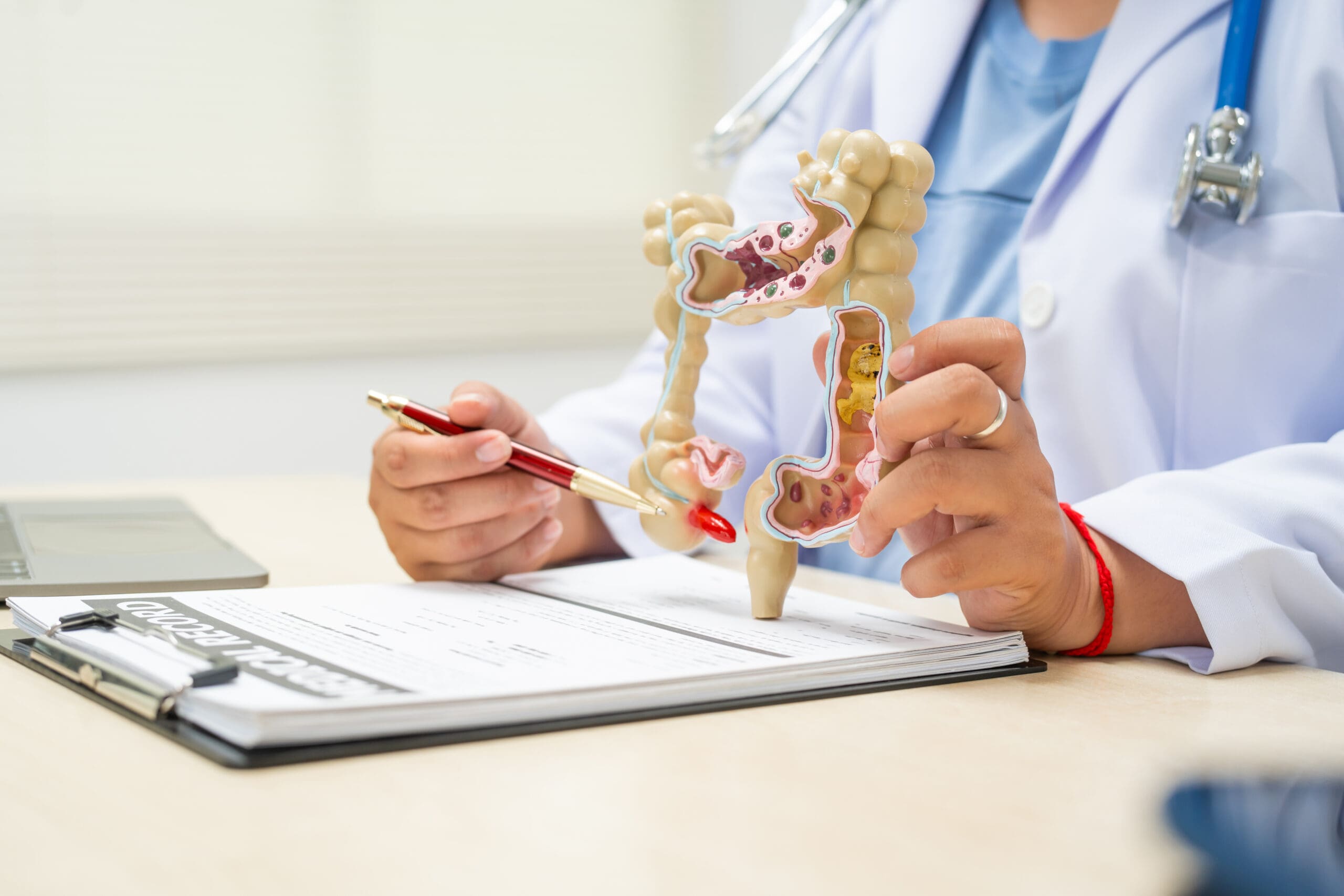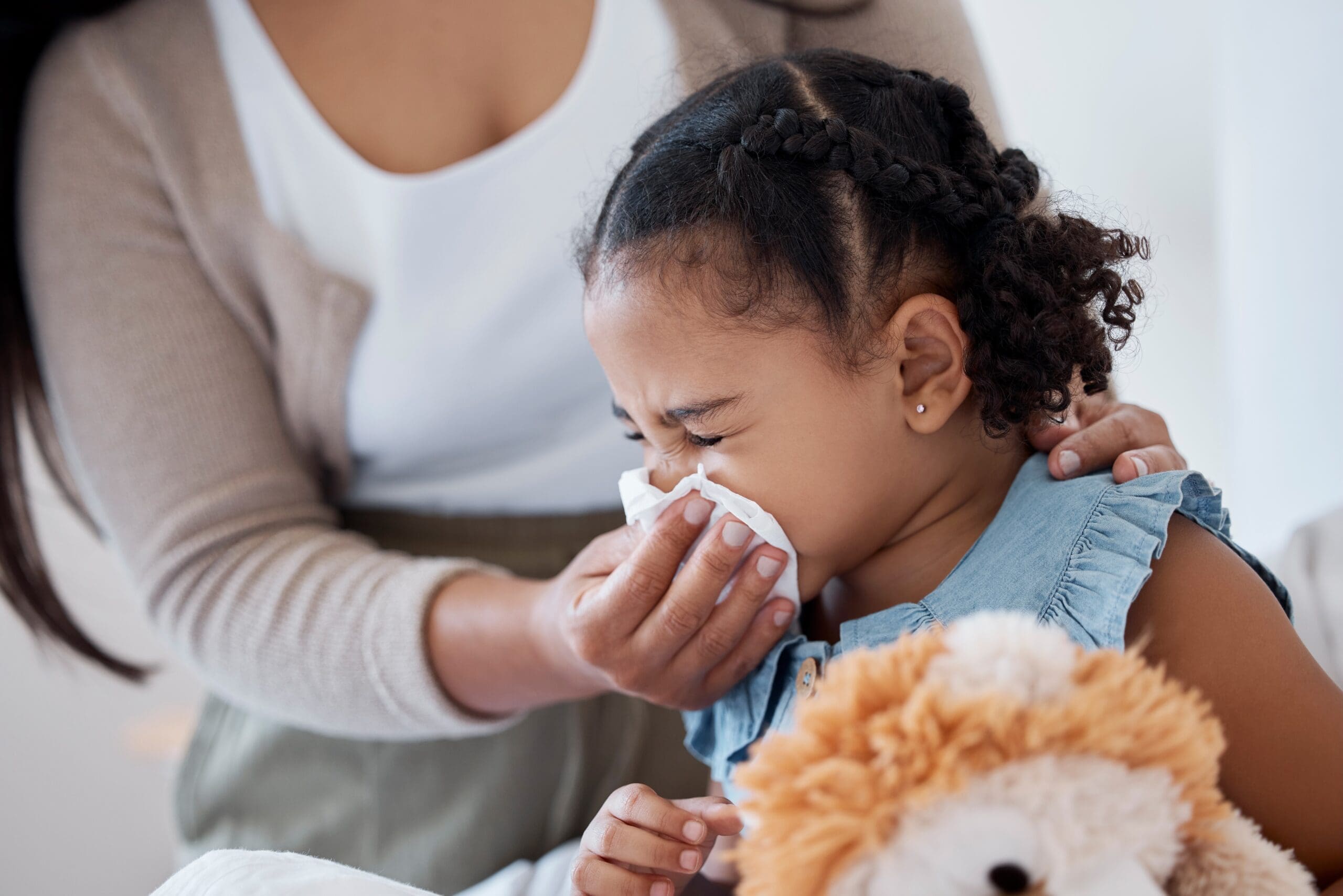Colon cancer risk factor you should know
By naturopath Margaret Jasinska
The incidence of colon cancer keeps rising and it’s occurring in increasingly younger people. This is a cancer with a poor prognosis. Knowing the risk factors may help to save your life.
Helicobacter pylori is the bacteria linked with stomach ulcers and stomach cancer; new research shows it also increases the risk of colorectal cancer.
The link between Helicobacter pylori and colorectal cancer was found when investigators reviewed cancer incidence and mortality in a nationwide study of 812,736 veterans tested for H pylori. Of the 205,178 (25.2 percent) who tested positive for H pylori, 34 percent were treated with the standard drug therapy.
The study participants were followed from their first H pylori test, and researchers looked for subsequent colorectal cancer diagnoses as well as deaths. Results showed that H pylori infection was associated with an 18 percent greater risk of colorectal cancer and a 12 percent higher risk of colorectal cancer death. Patients who didn’t have the H pylori treated had a 23 percent higher risk of colorectal cancer and a 40 percent higher risk of dying from it than treated individuals.
The researchers concluded their study with the following statement: “Although the mechanistic connection between H pylori and colorectal cancer is not fully resolved, the finding that eliminating H pylori could reduce both gastric and colorectal cancers is incredibly potent and should be considered in clinical care for individuals at high risk for GI [gastrointestinal] cancers.”
Colorectal cancer is one of the fastest growing cancers in the world and it’s increasingly seen in under 50 year olds. Even more frightening, the initial presentation is often stage 4 cancer. Being vigilant about this type of cancer is critical.
How to look after your bowel health
There are a number of risk factors for colorectal cancer: high alcohol intake, high sugar intake, vitamin D deficiency, being overweight and a sedentary lifestyle. Carrying excess weight is a significant cancer risk factor because fat cells produce inflammatory chemicals. People with higher levels of inflammation in their body have a higher incidence of cancer. C-reactive protein is one potential indicator of inflammation. Overweight people and type 2 diabetics often have higher levels.
If you suffer with indigestion, ask your doctor for a test to check if there is Helicobacter pylori in your stomach. If it is found, it must be treated. You then need a follow up test to make sure the medication has eradicated it adequately. People with H pylori in their stomach often have an overgrowth of the wrong bugs in their small intestine which produce excess hydrogen gas. There are many strategies for improving intestinal microbial balance.
The biggest determinant of your bowel health and your overall health is your diet. What you eat each day determines the type of microbes that are living in your bowel. Diets high in sugar and processed food promote the growth of bad bacteria such as enterococcus, streptococcus, clostridia and Candida. For more information see the book Healthy Bowel, Healthy Body.
Reference









Thank you